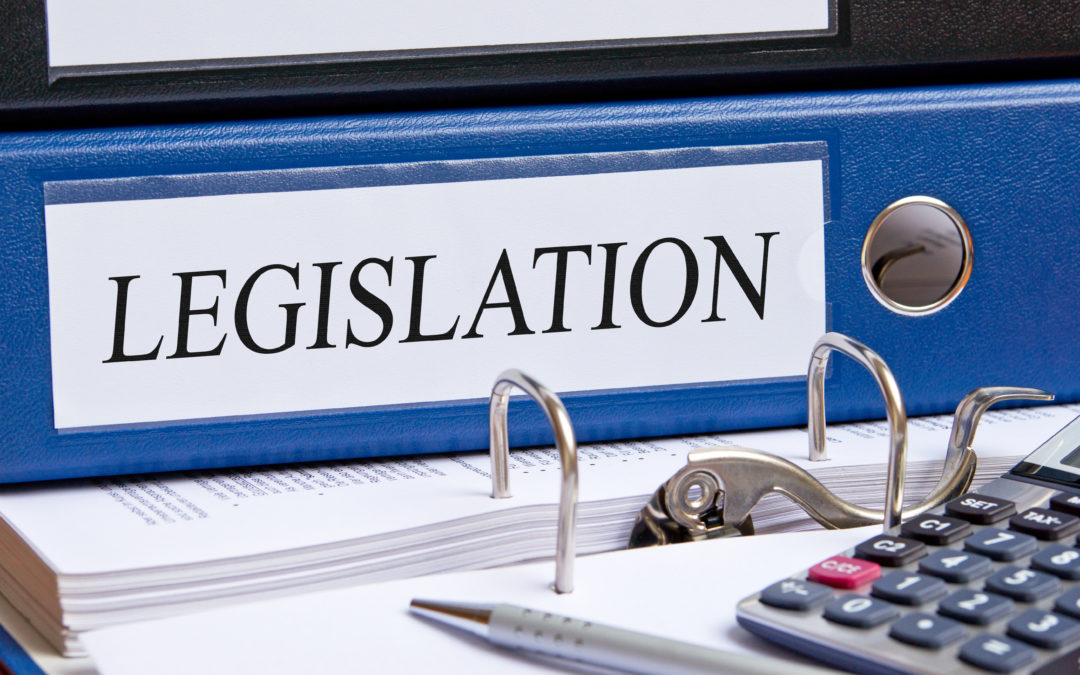
All Georgians Deserve to Participate in The Economic Recovery
All Georgians Deserve to Participate in The Economic Recovery
By Buzz Brockway
The Coronavirus pandemic has caused massive numbers of people to lose their jobs. Georgia’s official unemployment rate is 9.7%. However, as we reported last week , many others are not employed but do not appear in the common reported unemployment number.
A top goal of policy makers, and indeed all Georgians, should be to see people return to work as quickly as possible. Work is the best path to financial independence and a flourishing life.
As we endeavor to rebuild our economy, we must look to remove barriers people face in returning to work. One significant barrier many people face is a criminal record. For those with a criminal record who lost jobs due to the pandemic shutdown, finding work again could be difficult. For ex-offenders who didn’t have a job, the task of finding one just became even more difficult. Our research estimates that approximately 250,000 healthy working age men had no job prior to the pandemic. The reasons for their lack of employment vary, but for many, a criminal record is the barrier keeping them out of the job market.
What can be done to address this significant problem? In recent years, Georgia has focused on prison reentry programs meant to assist folks as they transition back into society. This work is important and must continue. But for those already back in society, other assistance is needed.
With Senate Bill 288, the Georgia Legislature has the chance to aid ex-offenders looking for work. The bill would allow an ex-offender, who has served his or her time and stayed out of trouble for a period of time, the opportunity to have certain non-violent misdemeanors expunged from the record. This will allow for an easier transition back into the workforce for a segment of Georgia’s population, who have paid their debt to society and stayed on the straight and narrow.
The benefit to our state in passing this legislation comes in several ways: Ex-offenders with jobs are less likely to recidivate. People who don’t get in trouble again cost the taxpayers less money and actually join the ranks of taxpaying citizens.
Ex-offenders with jobs are able to support their families, reducing poverty and lifting up the communities in which they live. If we want to break the cycle of poverty in our state, we must provide a path out for families. A job is the first step on the path to self-sufficiency and a flourishing life.
We are in the final week of the 2020 Georgia legislative session. There are many important issues being debated and policies being discussed to make our state better. At the top of the list should be providing a path forward for folks who need our help. SB 288 is an excellent step in the right direction.
To learn more about what Georgia Center for Opportunity is doing to help get Georgians back to work check out our Hiring Well, Doing Good initiative.








